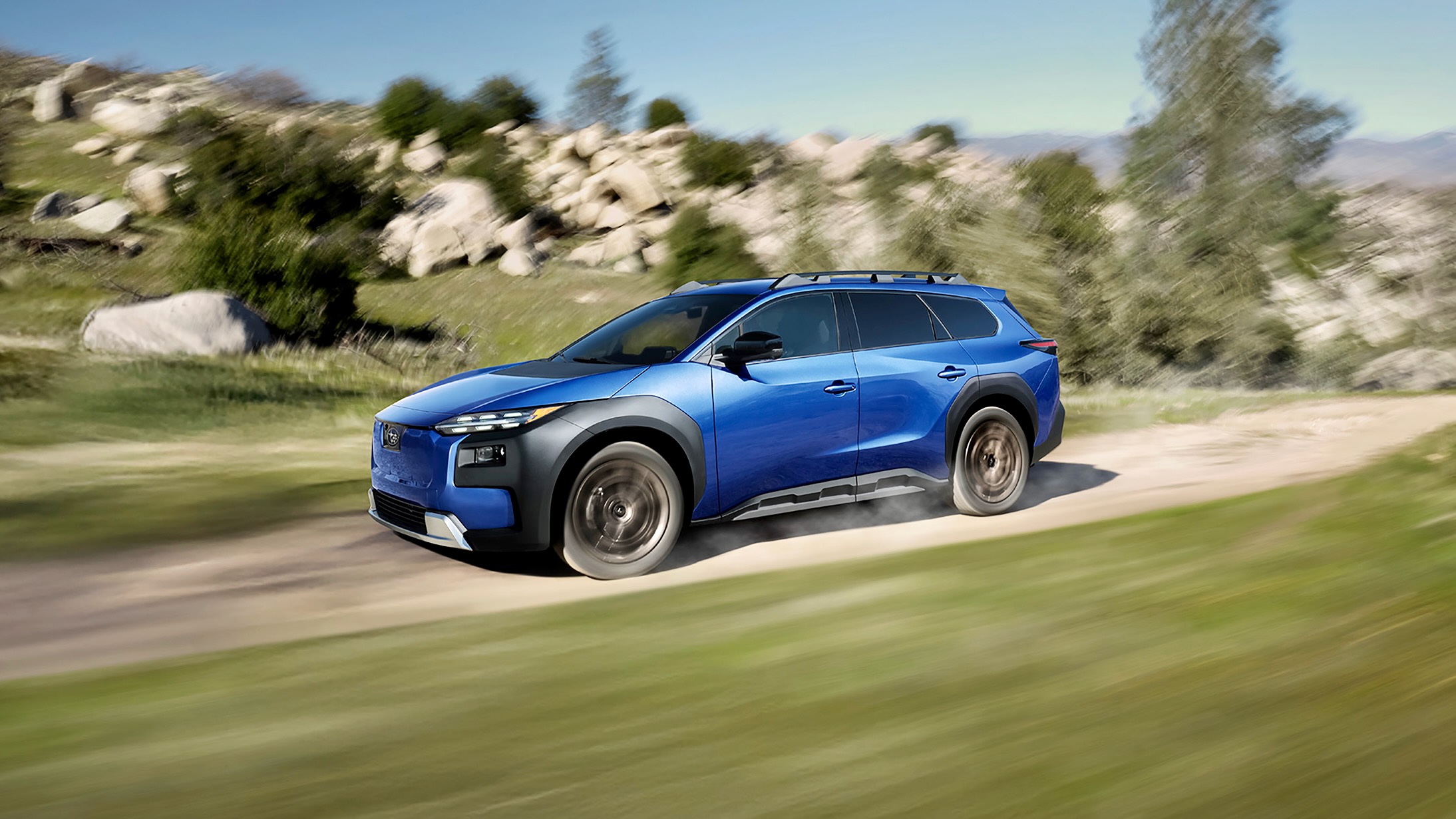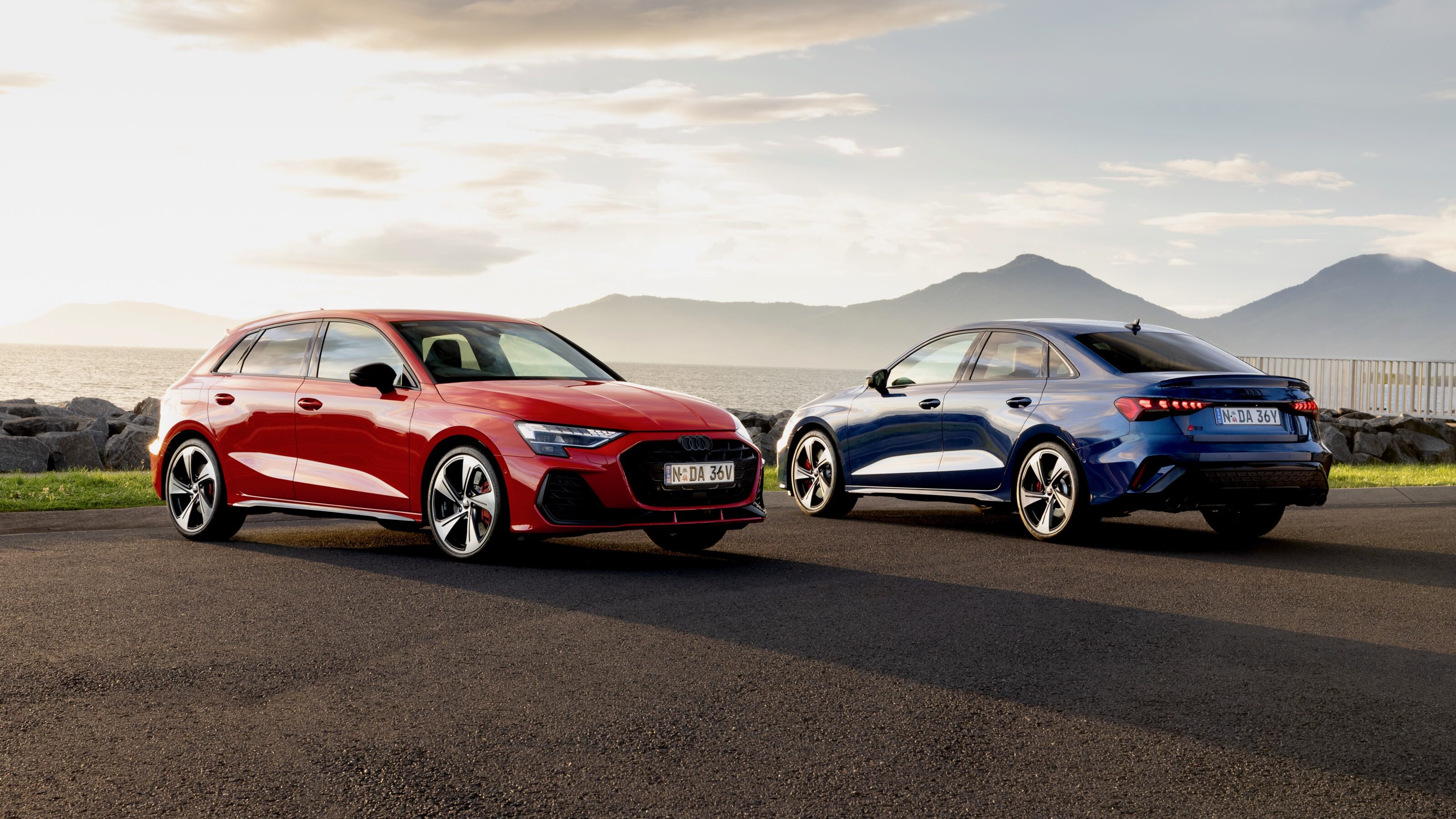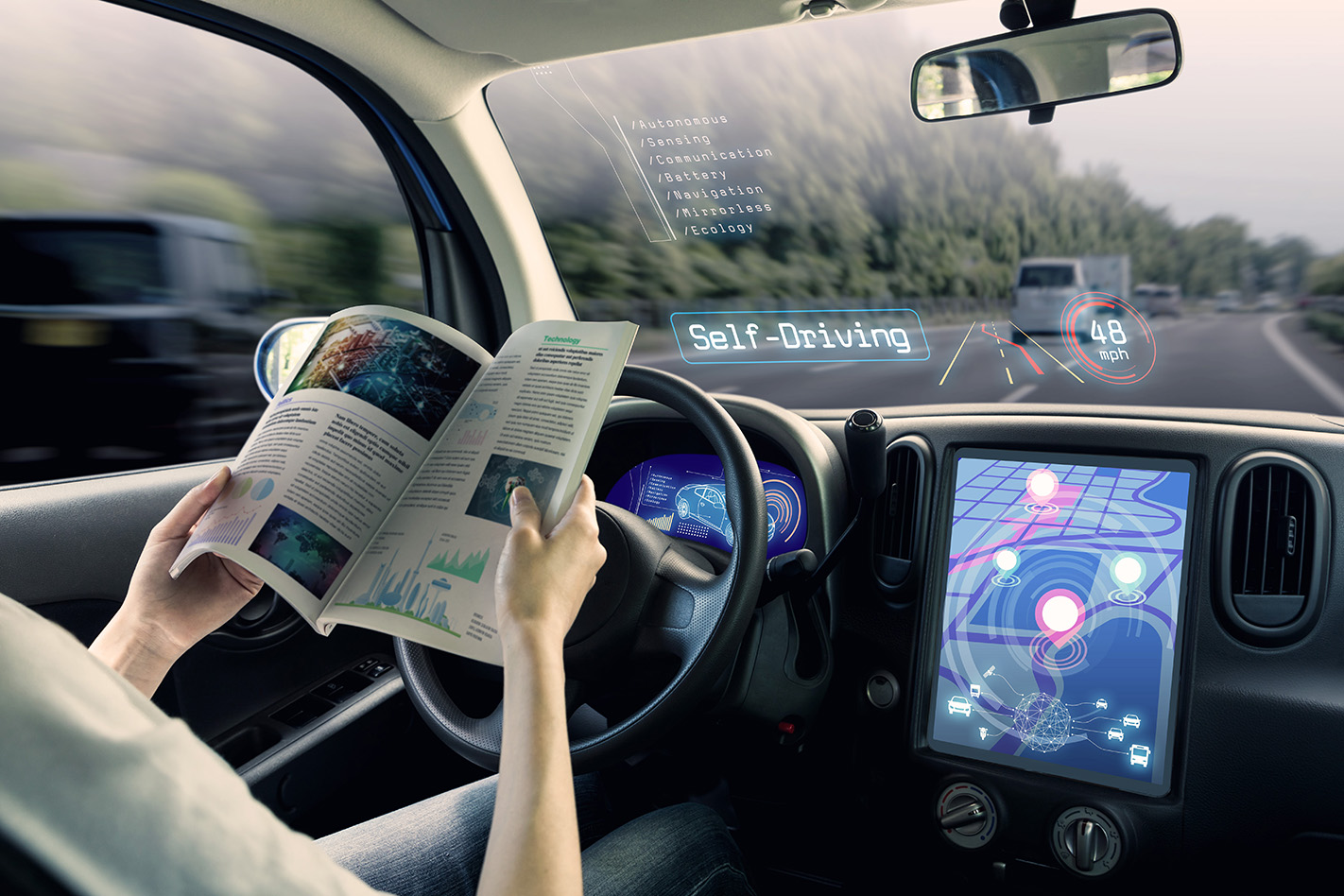
Talking points
- Level three driving autonomy could be a reality in the UK before the end of 2021
- Safety advocates still question the new technology
- Australia unlikely to follow suit any time soon
‘Hands-free’ driving could be legal on UK roads by the end of this year, the British Government has said.
The Department for Transport said automated lane-keeping systems (ALKS) could be allowed for the first time in the UK but will be limited at first to 37mph (60km/h), before possibly rising to 70mph (112km/h) at a later date.
This kind of autonomous driving would fall into the Level Three (of five) category.
Under this level, drivers are not required to monitor the road or keep their hands on the wheel when the vehicle is driving itself.
But the driver will need to stay alert and be able to take over when requested by the system within 10 seconds. If they don’t, the vehicle will automatically put on its hazard lights to warn nearby vehicles, slow down and eventually stop.
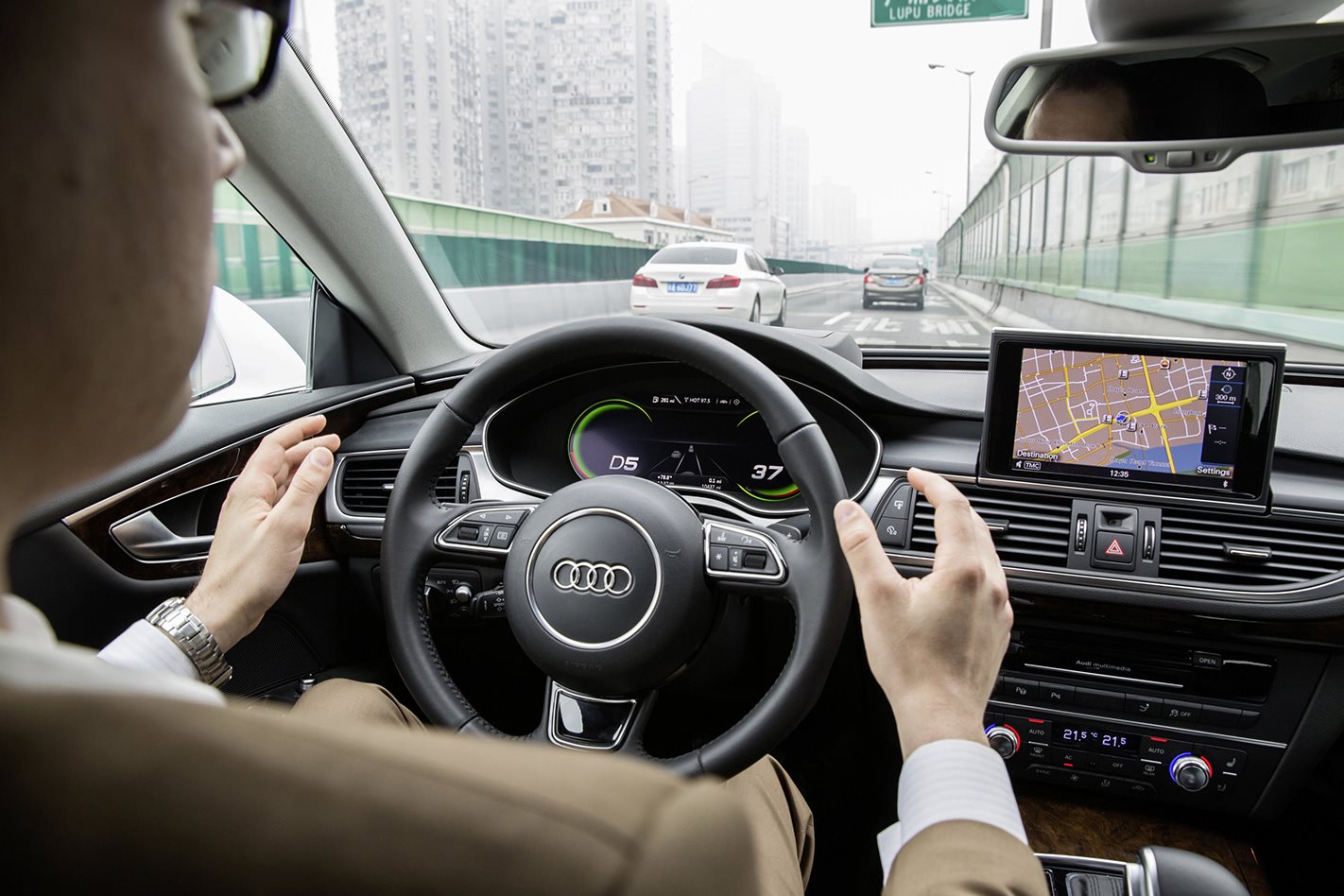
“This is a major step for the safe use of self-driving vehicles in the UK, making future journeys greener, easier and more reliable while also helping the nation to build back better,” said Transport Minister Rachel Maclean.
“But we must ensure that this exciting new tech is deployed safely, which is why we are consulting on what the rules to enable this should look like.
“Technologies such as Automated Lane Keeping Systems will pave the way for higher levels of automation in future – and these advances will unleash Britain’s potential to be a world leader in the development and use of these technologies, creating essential jobs while ensuring our roads remain among the safest on the planet.”
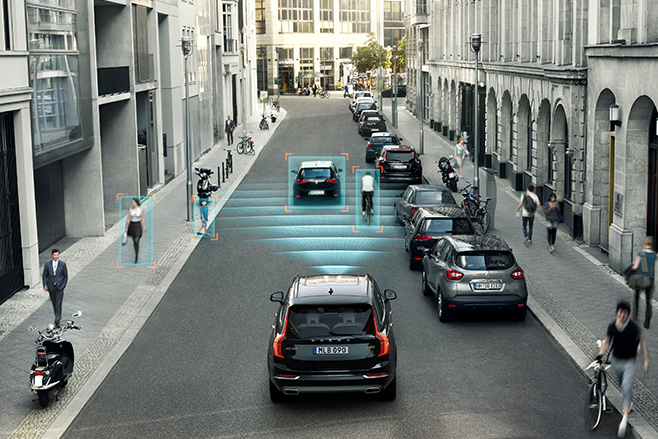
Responding to the UK Government’s announcement today, Thatcham Research, which conducts safety tests for motor insurers in the UK, is urging caution about calling ALKS ‘self-driving’ because it could mislead consumers into thinking the vehicle will completely drive itself.
“There is still a lot of work needed by both legislators and the automotive industry before any vehicle can be classed as automated and allowed safely on to the UK roads,” said Matthew Avery, Director of Research at Thatcham.
“Automated Lane Keeping Systems (ALKS) as currently proposed by the [UK] Government are not automated. They are assisted driving systems as they rely on the driver to take back control.
“Aside from the lack of technical capabilities, by calling ALKS automated our concern also is that the UK Government is contributing to the confusion and frequent misuse of assisted driving systems that have unfortunately already led to many tragic deaths.
“A widespread and effective ongoing communications campaign led by the automotive industry and supported by insurers and safety organisations is essential if we are going to address current and future misconceptions and misuse.”
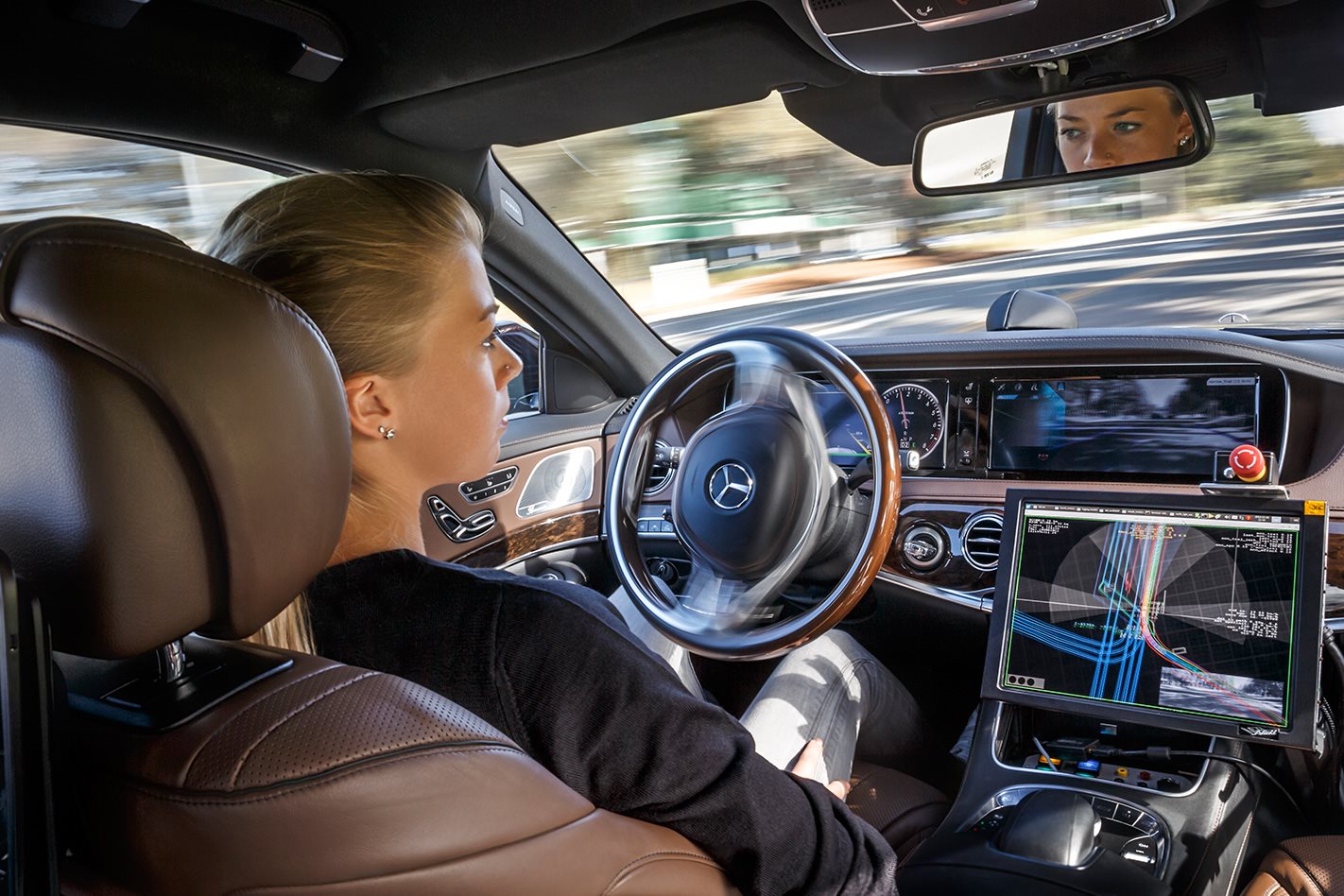
Tesla’s so-called ‘Autopilot’ uses lane technology similar to ALKS. It is considered ‘Level Two’ on the five defined levels of self-driving cars.
The next step – Level Three – would not need the driver’s attention at all times, and in theory, the driver could do other things such as check email or even watch a movie – until the car prompts them to take over again.
However, there have been several incidents involving this technology when drivers did not pay enough attention to the road.
Just recently, news broke from Texas that two individuals had died after their Tesla Model S, using Autopilot, had failed to stop at an intersection and slammed into a tree, bursting into flames.
And last month, WhichCar covered an incident involving a Tesla Model Y using Autopilot that had crashed into the back of a parked highway patrol car in America.
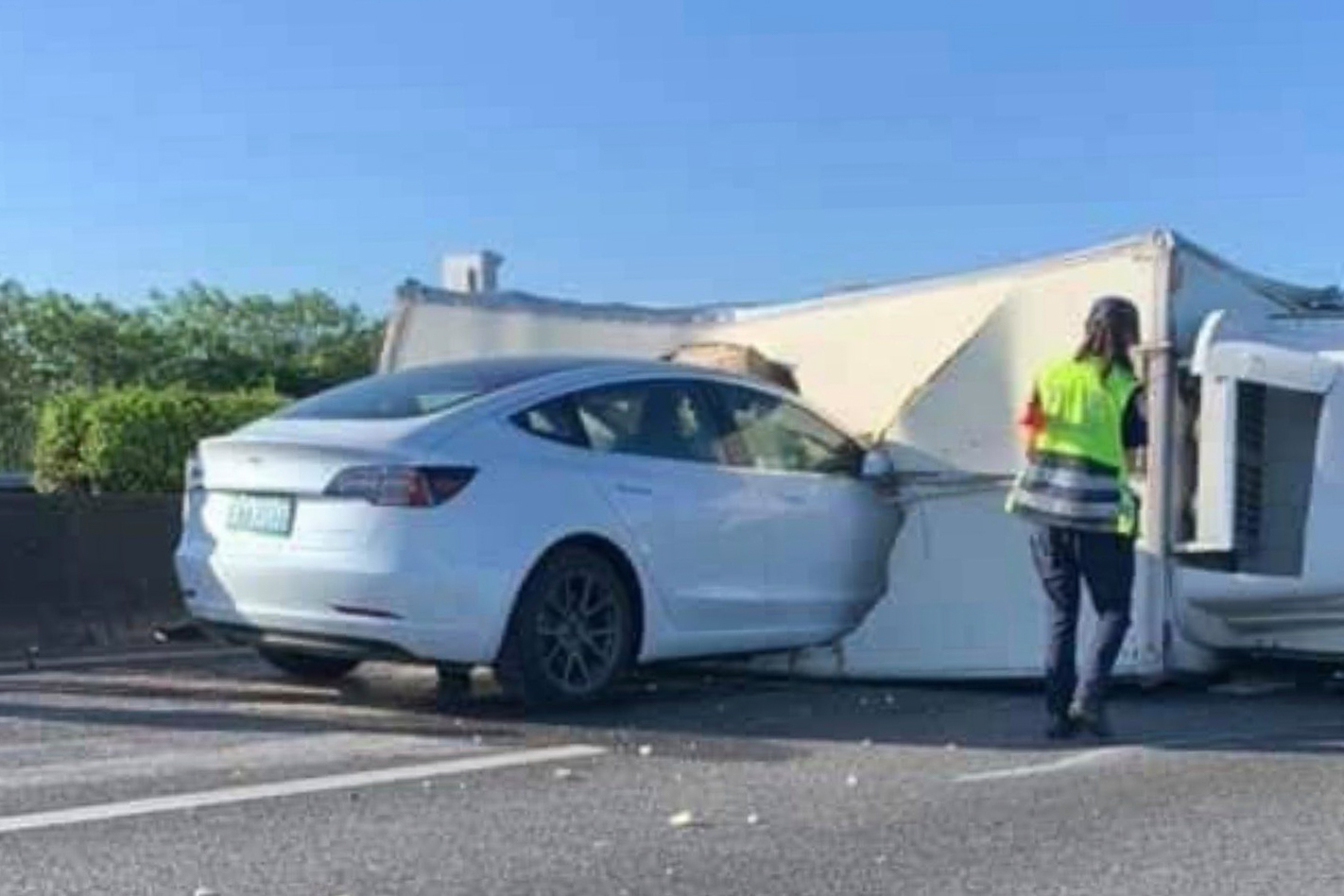
Will ‘Hands-free’ driving be coming to Australia any time soon? It’s unlikely, as self-driving vehicles are currently illegal on our shores, and there’s still not enough legislation covering the issue.
However, just like the electric vehicle industry, this could and probably will change rapidly in the next decade.
We recommend
-
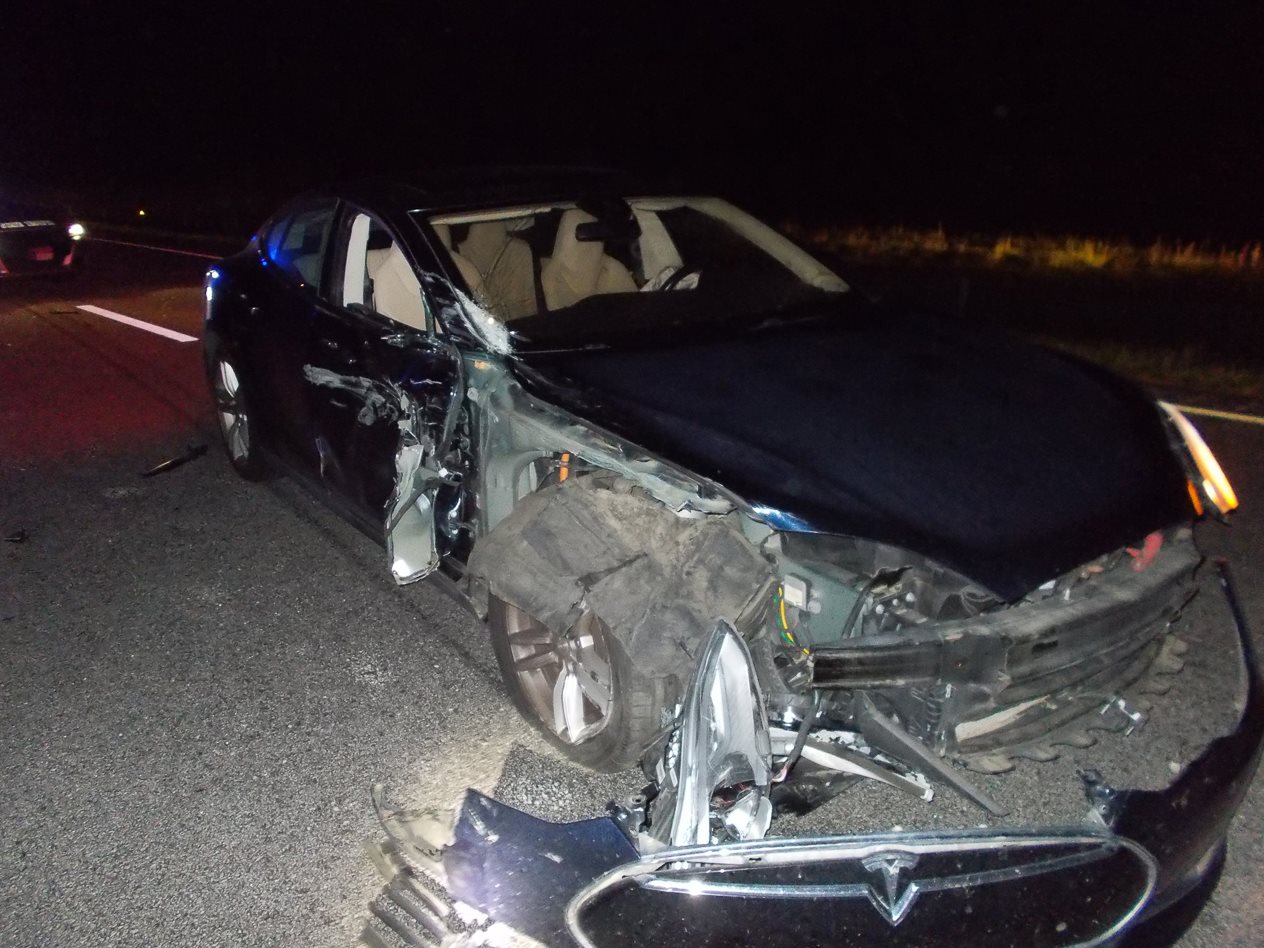 News
NewsTesla driver crashes into cop car while watching movie on Autopilot
This is the second time in the space of a month that a Tesla driver has crashed while using the Autopilot autonomous driving feature
-
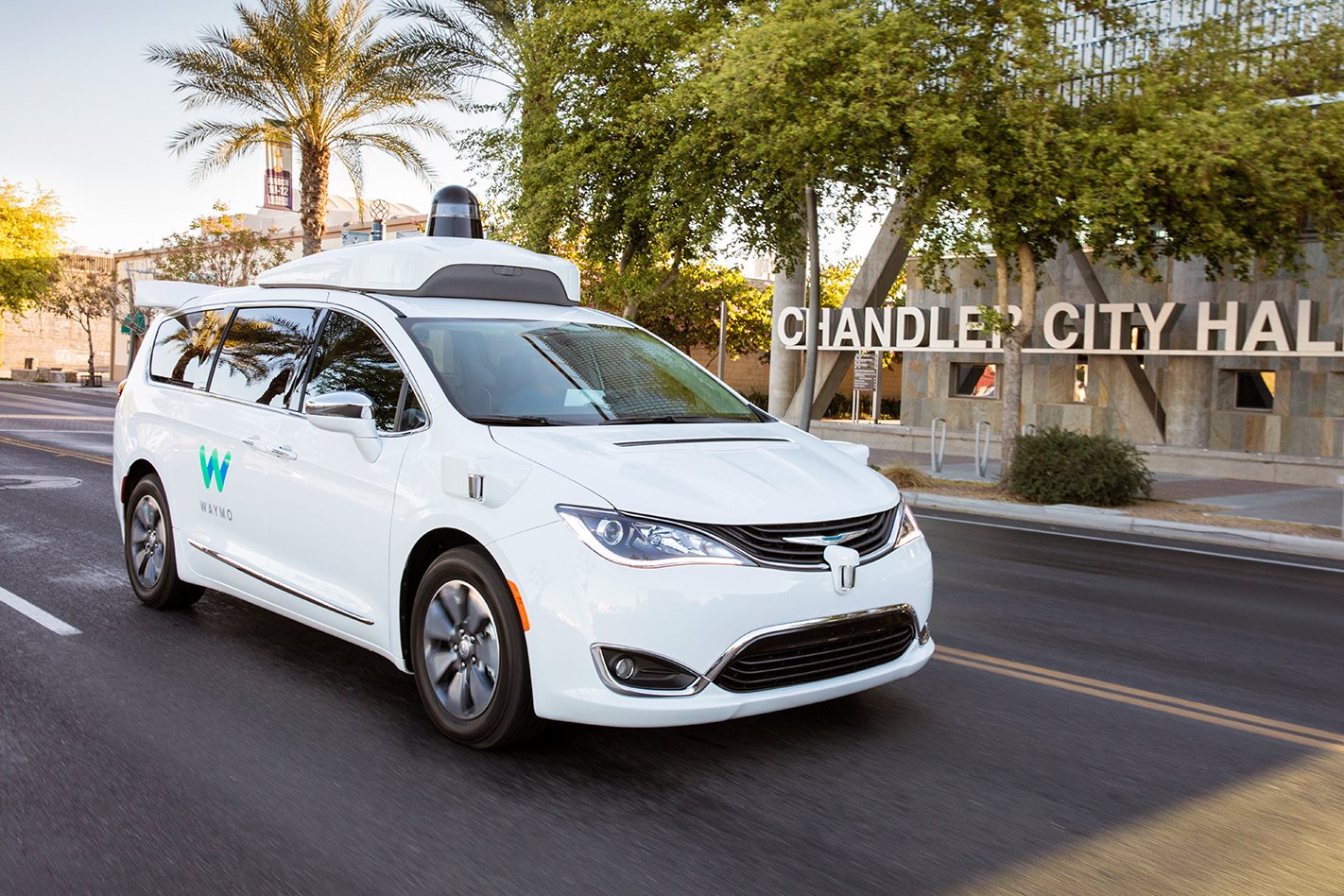 News
NewsSelf-driving cars will still crash with humans behind the wheel, study says
Carmakers are wrong to think they can hand back control of a self-driving car to a human when things go pear-shaped

